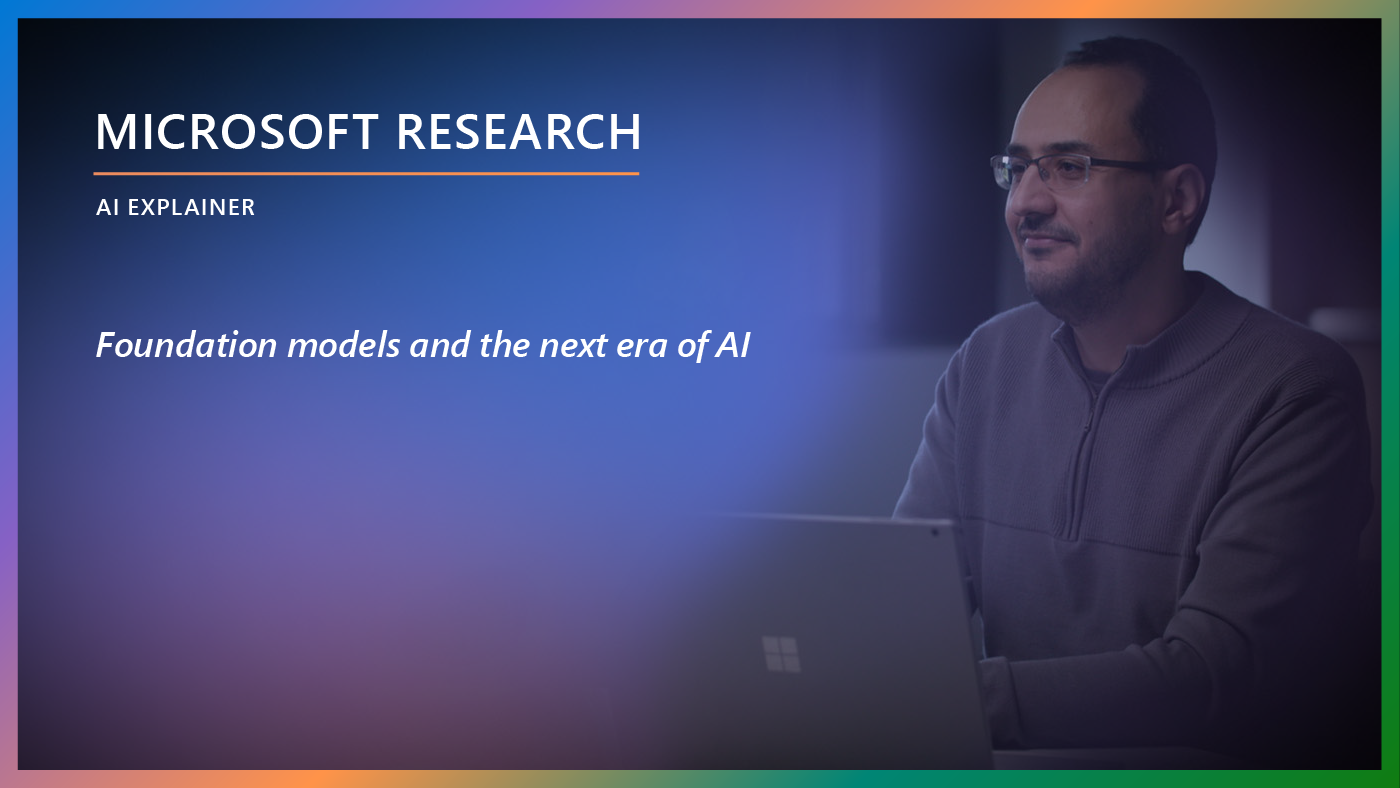Posted by
Spotlight: On-demand video
Given the great strides taken in e-commerce over the past decade, it’s easy to lose sight of the fact that such transactions are still in their infancy.
Hence the need for the Academic Research Center for E-Commerce Technologies, announced Oct. 9 by the Technion-Israel Institute of Technology (opens in new tab) and Microsoft Research. Those entities signaled their intention of co-establishing a facility that will promote and fund basic research in computer science, artificial intelligence, game theory, economics, and psychology, with a focus on the connections between these subjects when considered from an e-commerce perspective.
The center, a five-year joint research and education partnership, is the first academic research program involving Microsoft Research in Israel. The effort is designed to explore scientific and technological insights in e-commerce, such as online advertising and the use of social networks for commerce. Over the next five years, Microsoft will invest $1.5 million in the center, which will be located at The Technion campus in Haifa, Israel.
“Microsoft understands that academia is at the heart of technological innovation and seeks to catalyze innovation in research and curricula in leading academic institutions worldwide,” said Yoram Yaacovi, general manager of the Microsoft Israel Research and Development Center. “Today’s announcement reflects Microsoft’s ongoing commitment to partnering with academia in developing new and advanced technologies.”
Moshe Tennenholtz, a professor in the William Davidson Faculty of Industrial Engineering and Management at the Technion, will serve as the head of the center. Tennenholtz has collaborated with Microsoft Research for years and is a world-leading expert in e-commerce.
Research at the center will be conducted by scientists and research students from several Technion departments, in collaboration with Microsoft Research personnel.
“Microsoft’s decision to establish the research center at the Technion is a very strong statement by one of the giants of global technology,” said Boaz Golany, a Technion professor and dean of the Faculty of Industrial Engineering and Management, “regarding the position of the state of Israel at the forefront of information and communication technologies and the strength of the Technion in the areas of science and technology.”
The center might be Microsoft Research’s first collaborative institute in Israel, but it is only the latest in a lengthy list of such partnerships around the world (opens in new tab). Microsoft Research now has no fewer than 25 such collaborations in place, on five continents, underscoring the organization’s policy of working with universities, industry, and governments to support basic academic research to advance the state of the art in computing and computational sciences.
Through its institutes, Microsoft Research supports regional outreach programs that focus on both regional and global concerns, and its latest partnership offers potential for both industry and customers.


